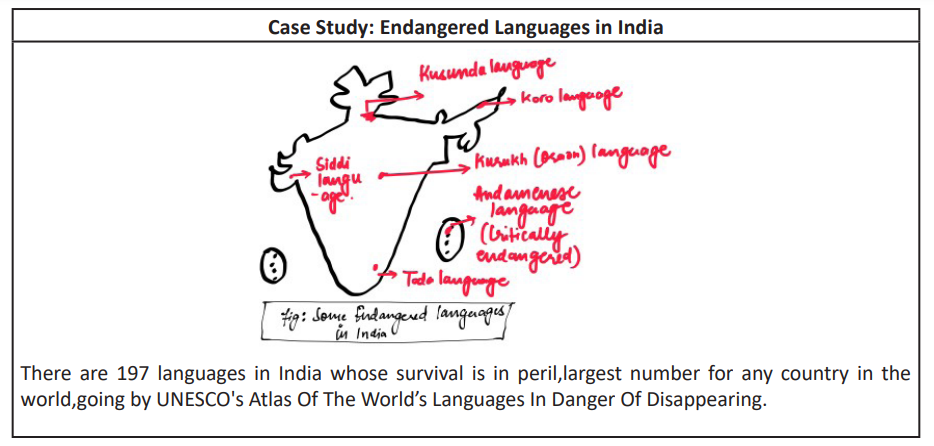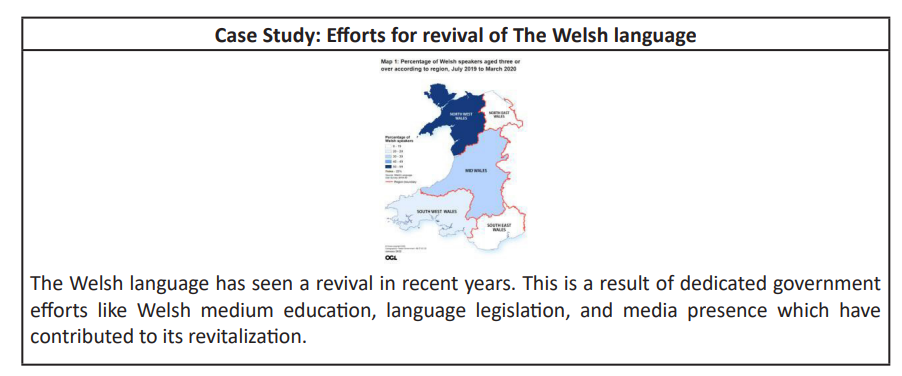
Globalization has emerged as a transformative force that transcends geographical boundaries, connecting societies, economies, and cultures in unprecedented ways. As the world becomes increasingly interconnected, the impact of globalization on languages has become a subject of considerable interest and scrutiny. This phenomenon has both positive and negative repercussions on linguistic diversity, language vitality, and cultural identity. The intricate interplay between economic, technological, and cultural forces has led to a complex web of linguistic changes, ranging from the dominance of global languages to the endangerment of local dialects. Analyzing the effects of globalization on languages provides insights into the dynamic and evolving nature of linguistic landscapes, shedding light on the challenges and opportunities faced by communities worldwide.
Contents
Answer
Globalization has turned the world into a global village, this rising interconnectedness has a mixed impact on different cultural aspects, language being one of them.
Impacts of Globalization on languages:
- Globalization has led to the diffusion of languages facilitated by migration diffusion due to increased mobility. For eg. Mandarin Chinese is the most widely spoken language in the world, also promoted through cultural initiatives like Confucius Institutes.
- Globalization has resulted in the dominance of a few languages over others, primarily English has developed as a global lingua franca for business, and trade and as a common language for communication.
- Increased cross-communication across the globe due to new technological advancements has resulted in space-time compression. This has facilitated the rise of new hybrid languages known as “creoles” or ”pidgins” for eg. Hinglish.
- Globalization of media, technology, and cultures has given rise to a handful of dominant languages at the expense of smaller, regional languages. Thus many local languages are now becoming increasingly endangered and extinct. For eg. Forty percent of the world’s 7000 languages are at risk of disappearing according to estimates by the Endangered Languages Project.


- In response to this growing Linguistic imperialism, there has been a growing awareness and revival efforts from linguistic minority communities to ensure survival of their language.

- English as a global language has developed many regional variations in terms of accent, vocabulary and even grammar For eg. American English is widely different from British English.
- Demand for multiculturalism and language training especially in English is on the rise For eg. Demand for language proficiency tests like IELTS and TOEFL.
Thus globalization has both positive and negative impacts on language. While it promotes cultural exchanges and linguistic enrichment it can also result in homogenization of languages and decline of linguistic diversity. Efforts to preserve and celebrate linguistic diversity are important in this regard.
In case you still have your doubts, contact us on 9811333901.
For UPSC Prelims Resources, Click here
For Daily Updates and Study Material:
Join our Telegram Channel – Edukemy for IAS
- 1. Learn through Videos – here
- 2. Be Exam Ready by Practicing Daily MCQs – here
- 3. Daily Newsletter – Get all your Current Affairs Covered – here
- 4. Mains Answer Writing Practice – here

